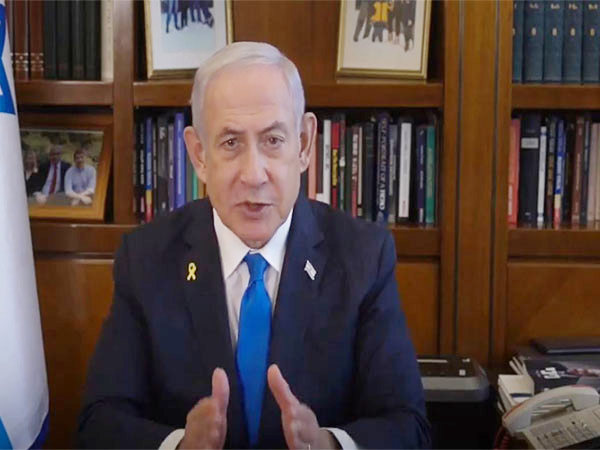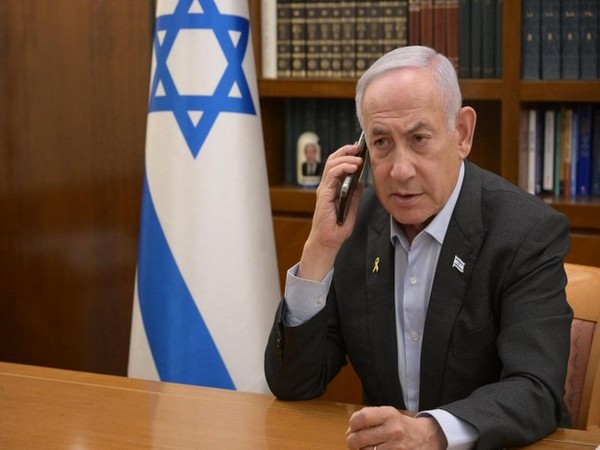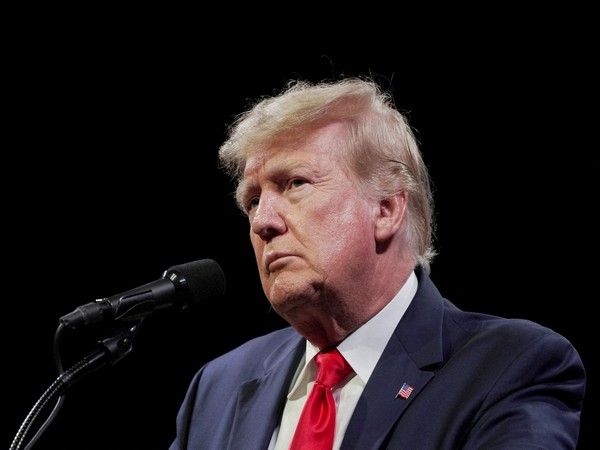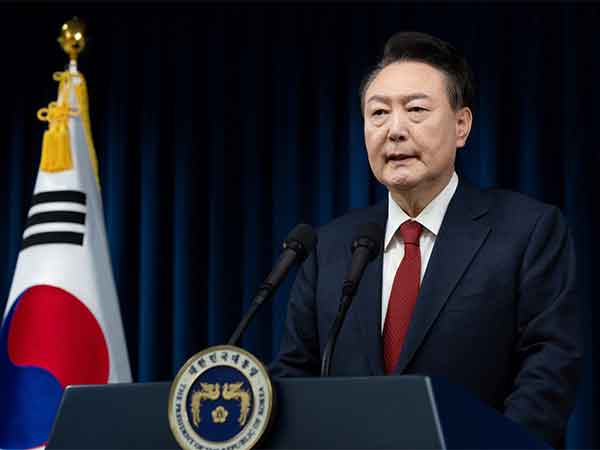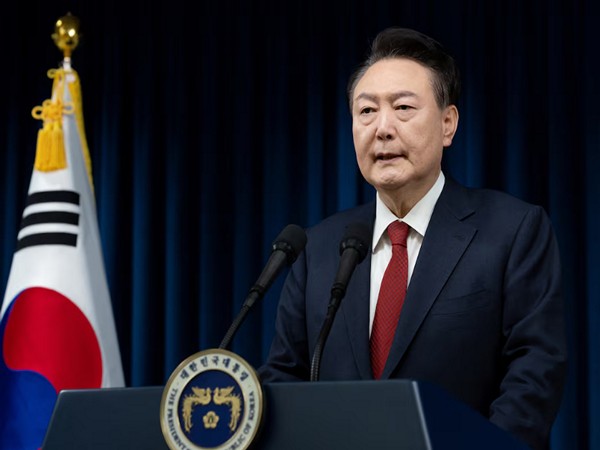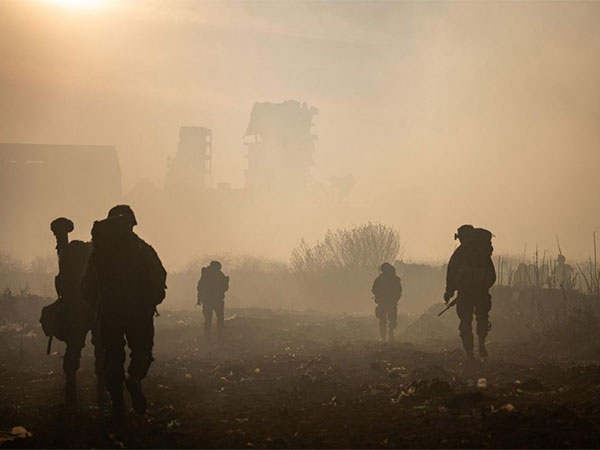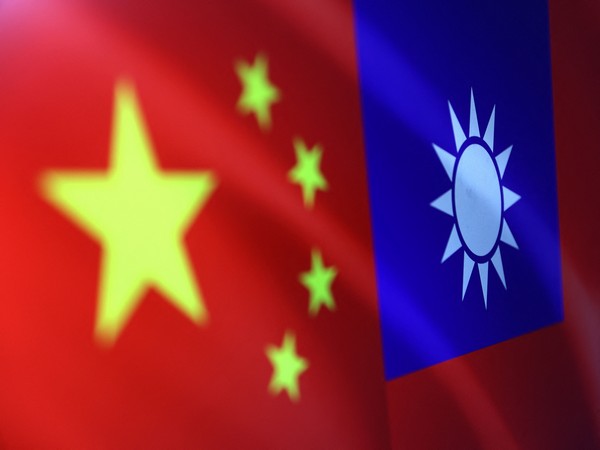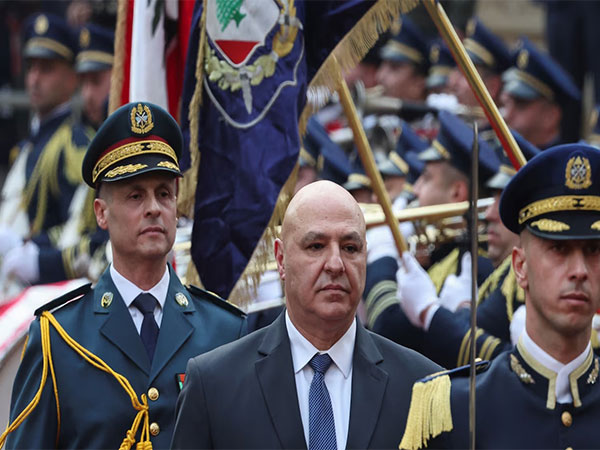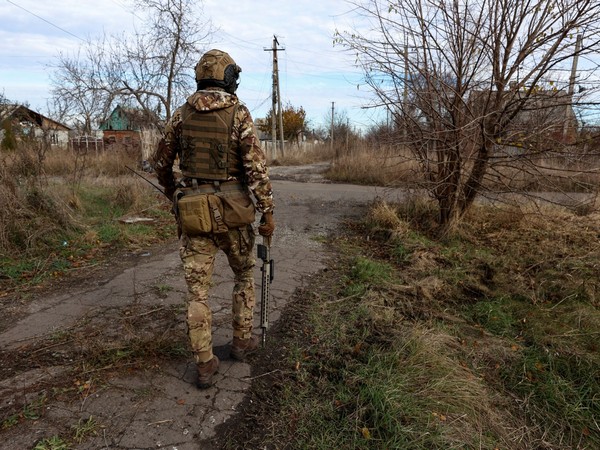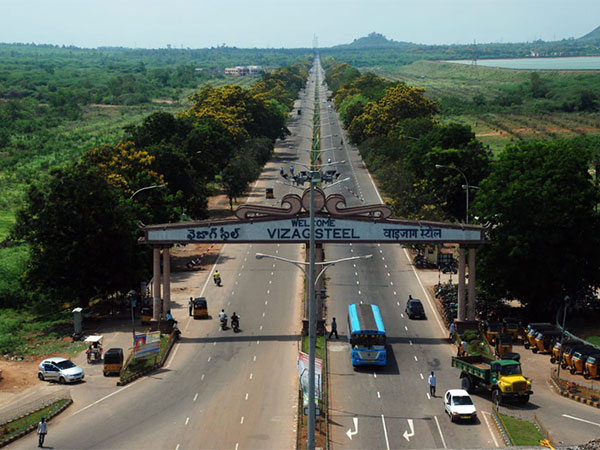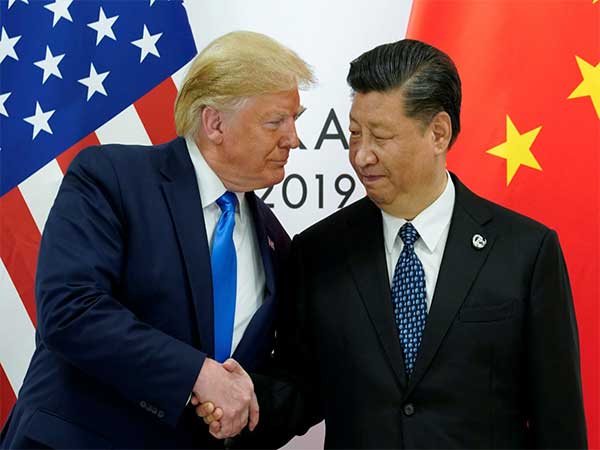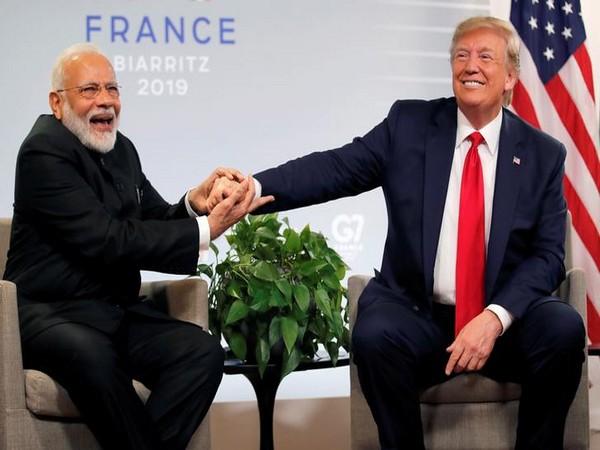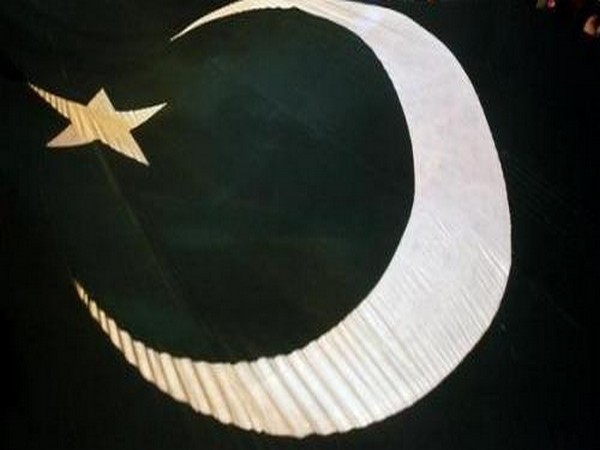
Islamabad [Pakistan], October 20 (ANI): Pakistan has failed “in letter and spirit” to disrupt and dismantle terrorist financial infrastructure despite repeated warnings, said Husain Haqqani, director for South and Central Asia at the Hudson Institute.
Although the Pakistani foreign minister has assured the people of the nation that “it would soon” get-off the pre-sanctions watchlist of the UN money laundering and terror financing “it is unlikely that the international community will let Pakistan completely off the hook any time soon.”
“Pakistan has, for years, not fulfilled the international organisation’s standards against money laundering and has failed to shut down the financing of terrorist groups operating on its soil. But several countries have been reluctant to add Pakistan‘s name to the FATF ‘blacklist,’ which entails global economic sanctions currently imposed only on Iran and North Korea,” Haqqani wrote in an article for The Diplomat.
The former Pakistani Ambassador to the US added, “Given the country’s poor track record in shutting down terrorist groups, Pakistan has been on FATF‘s ‘grey list,’ which has resulted in ‘enhanced monitoring’ off and on for years. The grey list is normally meant to force governments into tightening their legal regimes against money laundering and terrorist financing in order to get off it. But for Pakistan, it has become a way to indefinitely escape the blacklist.”
Haqqani further wrote that it has been Islamabad’s goal to avoid the blacklist and Pakistan has been getting a reprieve every FATF meeting.
The plenary that is scheduled to start on Wednesday was originally supposed to start in June but the COVID-19 pandemic “helped Pakistan get an additional four months to meet the UN task force’s requirement.”
But, he wrote, the FATF‘s first follow-up report (FUR) on the mutual evaluation report (MER) about Pakistan suggests that the country “has made little progress” in creating an effective mechanism to end money laundering and combat terror financing.
“Since June 2018, when Pakistan was last placed on the grey list, Pakistan has had the benefit of three extensions for complying with 27 points. In February 2020, FATF gave Pakistan a four-month grace period to complete the implementation of its 27-point action plan against money laundering and terrorist financing. Then, Pakistan delivered on 14 points but missed 13 other targets,” wrote the former Pakistani Ambassador to the US.
He also called Pakistan‘s compliance as ‘largely technical’ and coming in the form of legislation or modification of banking rules; however, it has “missed deadlines” for shutting down all access to funding of United Nations Security Council designated terrorist groups, especially those with close ties to the country’s security establishment such as the Taliban, al-Qaida, Lashkar-e-Taiba and the Jaish-e-Mohammad.
“Pakistan has shown no serious desire to prosecute the leaders of these groups for accessing finance or for actual acts of terrorism. Many of those designated as terrorists by the UN have gone through Pakistan‘s revolving door,” his article for the Diplomat read further.
The article further stated that one month before the FATF meeting, Pakistan announced the freezing of 964 properties of proscribed groups such as Jamaat-ud-Dawa (JuD) and Jaish-e-Mohammad (JeM) under the United Nations Security Council (Freezing and Seizure) Order, 2019.
Haqqani pointed out that in February, an anti-terrorism court sentenced JuD chief Hafiz Muhammad Saeed to five-and-a-half years in prison in two cases after finding him guilty of terror financing and affiliation with an outlawed group. In August this year, three of his associates were sentenced to jail terms by a court in Lahore.
“Also in August, the government tried to quickly pass the 2020 Anti-Money Laundering Act (AMLA) and Criminal Procedure Code (CrPC) Amendments but they failed to convince the parliamentary opposition, which blocked the move,” he added.
The director for South and Central Asia at the Hudson Institute pointed out that it was “impossible” for the “international community not to notice how terrorist leaders are detained just in time to avoid international sanctions and released once the immediate threat of sanctions subsides.”
“But Pakistan‘s status as the world’s only Muslim nuclear weapons power and its strategic location, coupled with close ties with China and a past alliance with the United States, enable it to avoid punishments that other countries receive for similar actions, Haqqani said.
Decoding Islamabad’s “success” in avoiding the blacklist was due to the support it received from China, Turkey, Malaysia, Saudi Arabia and other Middle East countries.
“Avoiding the blacklist requires support of fewer countries, but support of 12 out of FATF‘s 39 members is needed to exit the grey list. Difficulty in getting that level of support is the reason why Pakistan remains ever on the grey list even when it cannot be put on the blacklist,” he added.
“Pakistan‘s main international benefactor, China, is currently the chief of the Asia-Pacific group of FATF, something that helps Pakistan breathe easy. When China hosted the meeting of the international terror financing watchdog in Beijing in January 2020, its officials praised Pakistan‘s “visible progress” in strengthening its counter-terrorism financing system, and asked the world to encourage Pakistan,” he added.
Pakistan is also hoping for concessions from the United States in return for Pakistan‘s support for US talks with the Afghan Taliban. “
“But the best the U.S. can do for Pakistan is to keep it on the grey list again. It would be difficult for the U.S. and other Western governments to ignore the evidence about the continuing operation of jihadi groups in Pakistan,” he concluded. (ANI)





